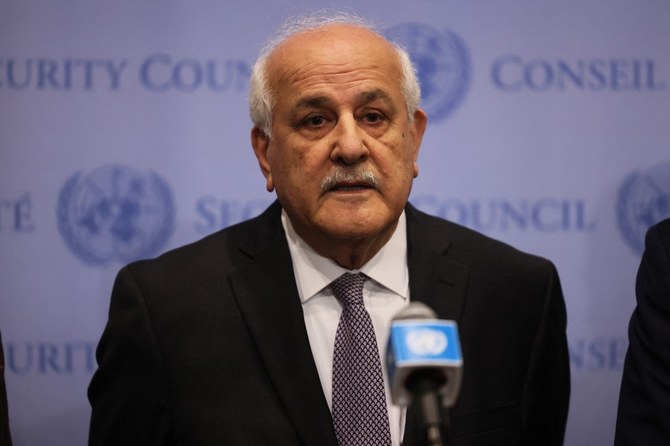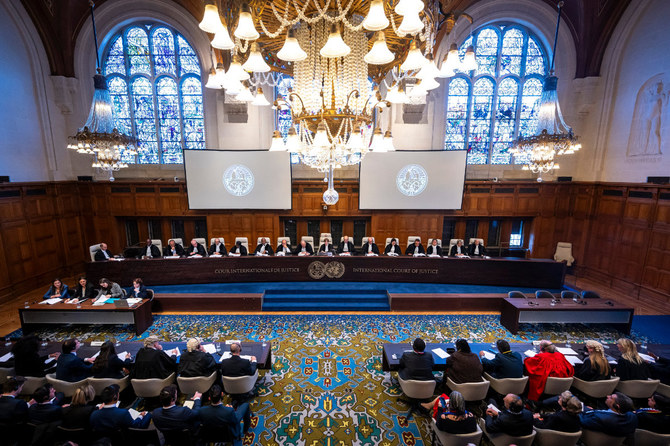
The shadow war between Israel and Iran is increasingly being fought in cyberspace and, according to some reports, civilians are the latest targets in this long-running conflict.
Where once only so-called hard targets, like weapons systems and critical infrastructure, would be regarded as fair game, now small businesses and even members of the public are finding themselves at risk.
In a report by The New York Times published recently, two US defense officials said that Israel carried out a cyberattack on Oct. 26 against Iran’s fuel distribution network. The story was also picked up by The Times of Israel.
Days later, Iran-affiliated hackers breached an Israeli LGBTQ dating site and released details of its users in a cyberattack that roiled Jerusalem.
While the two incidents appear to be the first to have caused significant disruption to public life, they reflect a growing trend for targeting civilians amid an escalating cyber conflict.
Cyberwars are unlike traditional forms of combat, differing not only in the manner in which they are fought, but also in the people they affect. Where once great armies met on the battlefield, fighting face to face under the banners of states and empires, today’s attacks and counterattacks are planned and carried out by people sitting at computer keyboards against foes they will never encounter in the physical world.
But what is the strategic goal for Iran or Israel in engaging in such a fight? What messages are they trying to send to one another? Most conflicts are born out of necessity, but can the cyberwar between Israel and Iran be described in that way? Does it have that level of urgency?
Also, while Israel and Iran are the main combatants, their actions have repercussions and implications for other nations, not least the US.
Tehran, which is engaged in a long-running conflict with Washington, is likely to say that the US supports and abets Israel in its cyberattacks against Iran. It may even claim that American agents, posing as Israeli citizens, are perpetrating the attacks.
In such a situation, Washington may feel pressure to deny its involvement in the conflict while remaining loyal to its ally Israel. And if, for instance, the US defense establishment was made aware of a planned attack by Iran against Israel, should it intervene to prevent it?
If the US does have a role in the cyberwar between Iran and Israel, then it seems inevitable that both Russia and China, and possibly even North Korea, will be watching closely. Their agents are likely to be spying not only on the two principal combatants, but also the US, to see how the superpower is managing and monitoring the conflict.
The geopolitical ramifications extend still further. This week, Israel and the UK signed a strategic pact to work together more closely on a range of issues, including cybersecurity. Such an agreement is unlikely to go down well in Tehran, which could resort to retaliatory action against the UK for siding with its enemy.
Another danger of the cyberwar is its potential to cause harm beyond its intended targets. Because of this, the potential for collateral damage could be much higher than in a traditional war.
Finally, as Iran and Israel broaden their conflict in cyberspace, there is the strong possibility that other disgruntled nations or groups will adopt similar tactics. For instance, there could be an increase in cyberattacks during US elections, which would pose a threat to democracy.
So how far could a cyberwar between Israel and Iran go?
According to Kevin Mandia, CEO of cybersecurity firm Mandiant, Iran has boosted its cyberwar capabilities considerably. “They’re operating with efficiency, they’re operating with malware that can be updated … super-fast … leapfrogging our defenses as they learn,” he said. “And that’s kind of a frustration. Most advanced nations have that capability… a framework where they can update quickly. Iran has that framework.”
Who has the upper hand in the cyberwar between Israel and Iran is hard to say. Also, both sides have the ability to blame attacks alleged to have originated on their soil on private individuals or hackers, and dismiss suggestions of government involvement.
That difficulty in identifying the perpetrators of attacks is a headache for those US officials tasked with providing evidence of Iran’s malicious behavior so that Washington can impose sanctions against Tehran.
In the meantime, how can the world as a whole seek to prevent cyberwars from happening in the first place? Pacts between nations are an option, but for them to be effective they need to be monitored by impartial global organizations. So, even if Iran and Israel are not parties to a bipartisan cybersecurity pact, other bodies can mediate between them to help bring an end to the hostilities.












